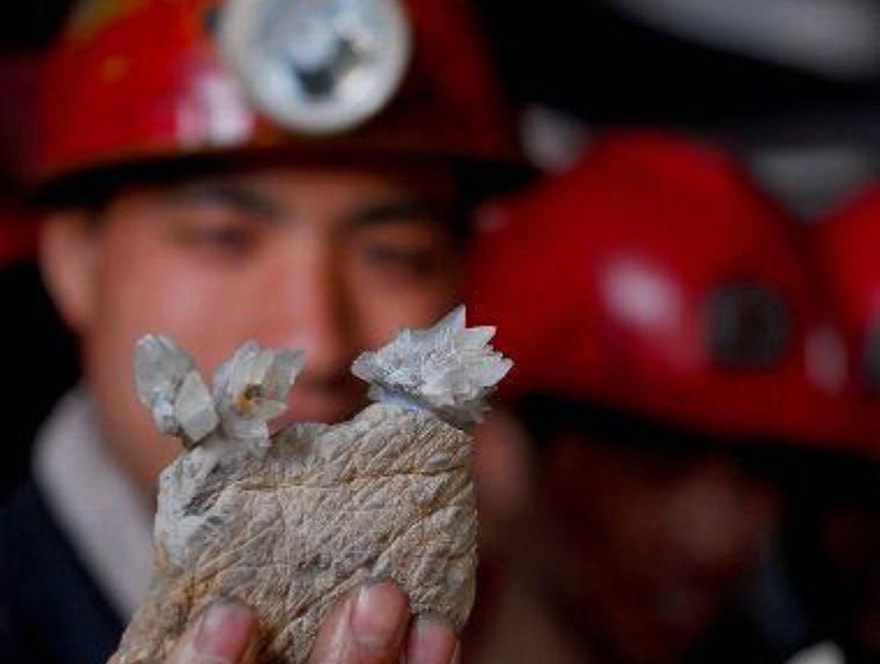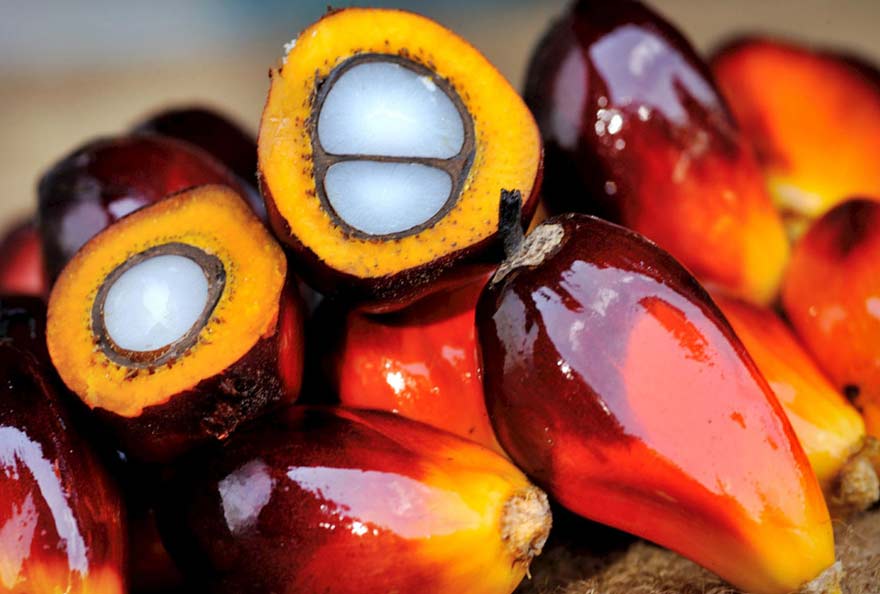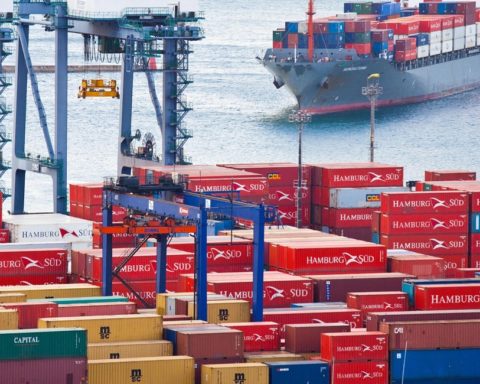The ultimate
"To make it clean, you have to make it dirty."

Brief history of abandonment
Rare Metals Hand
Asphyxiation of the world?
What to do?
READ UP : France has just doubled its surface area. How can that be? Why has it doubled?
READ UP : The U.S. Senate votes for the commercial exploitation of space. Welcome to the Space Wild West...

Anything to add? Say it as a comment.












